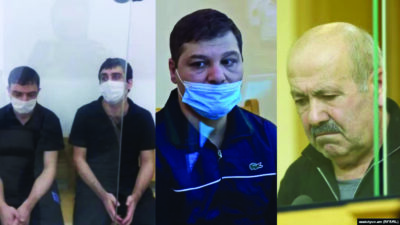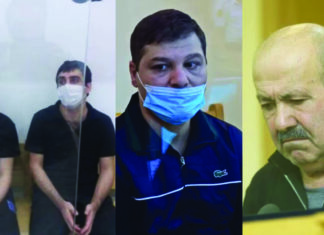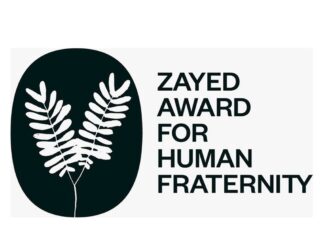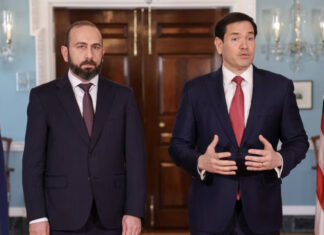By Davit Safaryan
Special to the Mirror-Spectator
The Armenian public is attentively and warily following the significant growth of tourism in Yerevan. Hoteliers all as if one say that this year a record number of Turkish citizens is expected to visit Armenia as well as a record number of Iranian citizens, the major part of whom come from Iranian Azerbaijan. So the Yerevan residents want to understand the prospective growth of Turkish and Iranian (Azerbaijani) presence there.
Many in Armenia insist that the prospective of Turkish-Azerbaijani expansion seems more and more realistic. The closest attention is paid to any little piece of information on the diplomatic processes of Armenian-Azeri settlement brokered by Russia and Armenia-Turkey normalization. There was not much response to the first attempt of Armenian-Azerbaijani public diplomacy held in Moscow. It means that expectations connected with that meeting were not high and tasks of the parties were quite modest.
Indicative was the flurry of Internet activity about an ordinary representative of the Turkish “Grey Wolves” organization at Tsitsernakaberd, Yerevan, who reminded people of the simple truth that Turkey would never abandon fighting against the Armenian demands of recognizing the Armenian Genocide. Planes regularly flying to and from Istanbul make us wonder whether trade, tourist, humanitarian and other contacts between Armenians and Turks could be stronger and more efficient/influential than the current reminders of centennial hatred and distrust.
Long-range Goals of Official Policy








